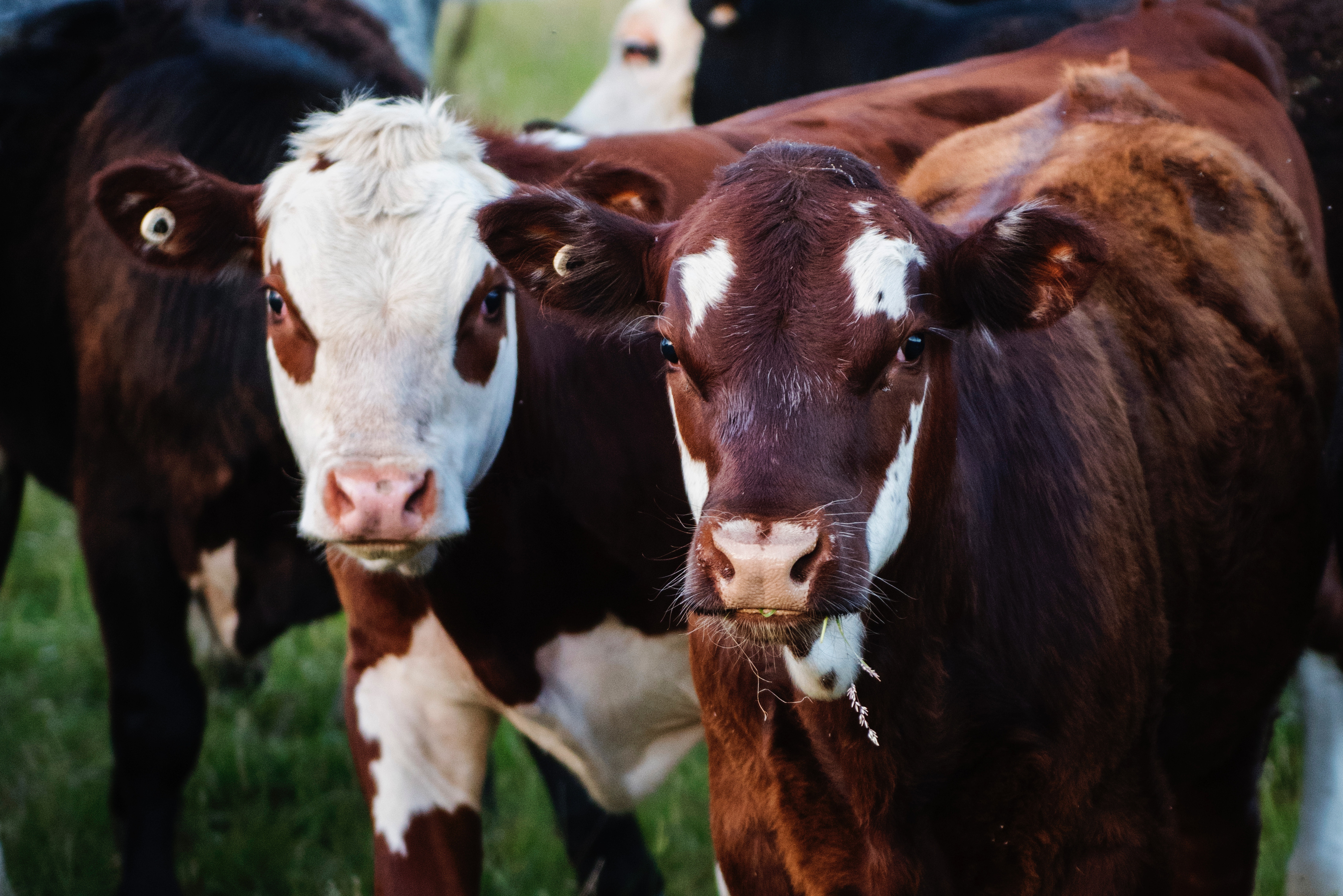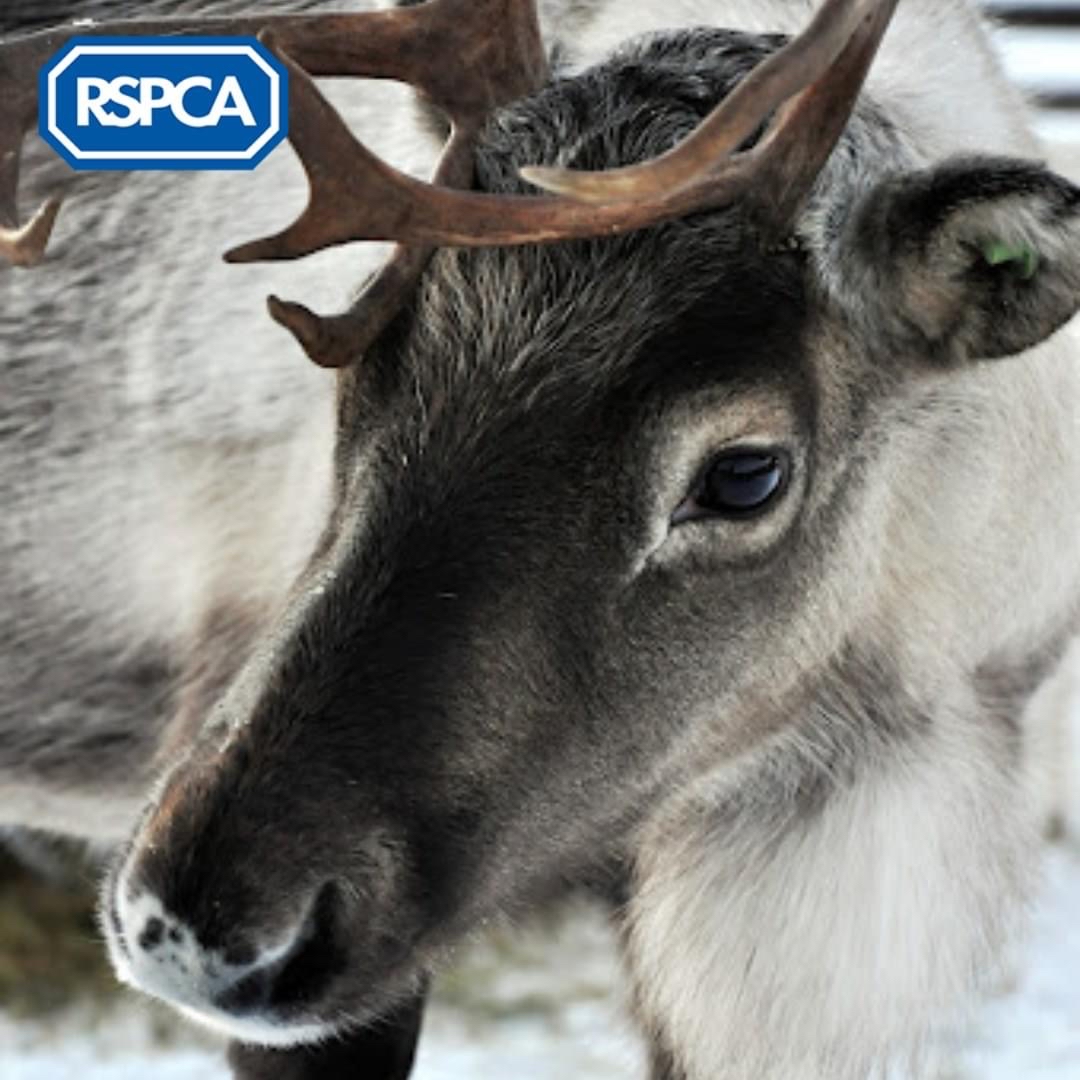RSPCA Cymru's animal welfare wishes for 2022
With Christmas and the new year just around the corner, we've been busy reflecting on the many achievements made for animals in Wales over the last year, along with our welfare wishes for 2022.
This year has been an important one with regard to animal welfare, with a new Welsh Government now tasked with making Wales a kinder place for all following May's election. This followed thousands of our supporters writing to all of Wales' major political parties urging them to incorporate animal welfare into their manifestos ahead of the vote - and thankfully all delivered. Within the Programme for Government published by the Welsh Government back in June, commitments were made to ban the use of snares and restrict the use of cages for farmed animals, along with the requirement of CCTV in slaughterhouses and the forbidding of badger culling to control the spread of TB - much to the delight of RSPCA Cymru. Improving the qualifications and status of animal welfare inspectors was also included within the Programme, along with developing a national model for regulation of animal welfare and introducing registration for animal welfare establishments, commercial breeders for pets or for shooting, and animal exhibits.
Over the summer, there was more good news as the Welsh Government sought an increasingly joined-up approach with England on the UK Government's Kept Animals Bill. This Bill could soon pave the way for a ban on primates as pets, live animal exports and the import of puppies with cropped ears into Wales, as well as giving Welsh Ministers more powers to tackle livestock worrying and puppy smuggling.
Having been backed unanimously by the Senedd in March, the long awaited ban on the third party selling of puppies and kittens was introduced as the first focus of the Licencing of Activities Involving Animals Regulations (LAIAR) 2021 in September, regulating all pet sales alongside strict animal welfare criteria for the first time. With the potential for this legislation to be expanded to cover other activities involving animals cited in the Animal Welfare Plan for Wales published in November, we're hoping that there will soon be more to celebrate in 2022 and beyond...
Our 5 animal welfare wishes for 2022
1. A farm payments scheme that rewards good welfare
It is expected that the Welsh Government will publish a draft of the Agriculture (Wales) Bill next year, with a co-design process with farmers and stakeholders such as ourselves expected in the summer. The Bill provides us with the biggest opportunity in the history of devolution to improve farm animal welfare, with RSPCA Cymru having long called for farmers who deliver the highest standards of welfare to be rewarded and incentivised financially. With 82% of the public in support of farmers receiving subsidies to improve animal welfare according to RSPCA research, we hope that 2022 will see us move one step closer to replacing the incentives that have previously promoted housing systems, management practices and breeding practices that prioritise productivity, rather than animal welfare.
The Bill will also pave the way for the ban on cruel and indiscriminate devices such as snares and glue traps, with commitments made on the latter following RSPCA Cymru campaigning earlier this year. These methods of wildlife management can cause immense pain and suffering to animals, including pets, which is why we want to see their use banished to the history books in Wales as soon as possible - and 2022 is set to be a big step forward towards achieving just that.

2. The much-needed regulation of animal welfare establishments
September 2021 marked one year since the publication of the Welsh Government's Code of Practice for Animal Welfare Establishments (AWEs) such as sanctuaries and rescue/rehoming centres. While this was a positive step forward, with the code being voluntary, a lack of legal safeguards still exist to protect the welfare of animals in these establishments - and our research suggests there's unfortunately little awareness of this Code.
Unlike establishments such as riding schools, dog breeders and cat boarders, AWEs are not subject to regulation, which essentially means that anyone can set one up, regardless as to whether they have the skills or resources needed to care for animals. While sanctuaries often do invaluable work to rehabilitate and rehome animals, they can be set up with no inspection or a legal requirement for strong welfare standards and contingency plans to be put in place, much to the concern of RSPCA Cymru.
A debate on the regulation of these establishments took place in the Senedd in November, with Members of the Senedd voting in support of action. We hope to see the Welsh Government progress in this area in 2022, to offer legal protection to the animals inside Wales' estimated 90 sanctuaries. Work on developing this as part of a national model for the regulation could be on the agenda in 2022, with a consultation scheduled and a priority document with timelines and outcomes due from the Welsh Government. There is the potential for these establishments to be licenced under the Licencing of Activities Involving Animals Regulations (LAIAR) 2021, along with many others...
3. The expansion of the Licencing of Activities Involving Animals Regulations (LAIAR) 2021
RSPCA Cymru was delighted to see the ban on the third party selling of puppies and kittens introduced as part of the Licencing of Activities Involving Animals Regulations (LAIAR) 2021 in September and were excited to see the potential for this legislation to be expanded included in the Animal Welfare Plan for Wales. If the Welsh Government looks towards expanding these regulations in 2022 and beyond, we could soon see mobile animal exhibits, such as those featuring reindeer that are popular around this time of year, licenced, along with greyhound racing establishments and the aforementioned AWEs.
We have long voiced concerns about the outdated legislation relevant to mobile animal exhibits in Wales, with only a one-off registration currently required for such exhibits under the Performing Animals (Regulation) Act 1925, with no requirement to carry out inspections, nor set standards to inspect against. As well as reindeer displays, other popular mobile animal exhibits include falconry displays, circuses with domesticated animals and petting zoos - all of which are not currently subject to sufficient checks in Wales. While the use of wild animals in circuses was made illegal in Wales back in 2020, this legislation does not apply to domestic animals such as dogs, cats, horses, rabbits, pigeons or doves.
Greyhound racing has received significant political attention in Wales as of late, following a petition from our friends at Hope Rescue calling on the sport to be banned in Wales having reached more than 22,000 signatures. We'll be taking part in discussions with the Welsh Government on this topic next year with the aim of working to improve the welfare of greyhounds in Wales. We are also reviewing our future policy position on this matter as part of a joined-up approach with our friends at Dogs Trust. The review will be undertaken by an independent agency, with input from independent animal welfare experts, which we hope will allow us to take an evidence-based position. This will report in the first half of 2022 and its findings will shape each organisation's future policy.

4. Action on ear cropping
Following the airing of BBC Wales investigates documentary on December 13, the cropping of dogs' ears has been brought to the forefront of the Welsh public's attention, with concerns about the traders who facilitate this illegal practice now increasingly high.
Ear cropping is a painful and unnecessary practice in which dogs' ears are removed or surgically altered without anesthetic or pain relief. If applied to Wales, the UK Kept Animals Bill will empower the Welsh Government to eventually stop the importation of dogs with cropped ears and other mutilations such as tail docking - closing both overseas supply; and ending a loophole that can allow unscrupulous domestic traders to pretend pups whose ears have been cropped domestically have instead come from abroad. While this will help, clearly there is also an urgent need to address these practices, and those who illegally breed and mutilate dogs, on a domestic level. With the number of dogs with cropped ears in Wales having the potential to increase in coming years with us having seen a 621% increase in reports of the practice since 2015, RSPCA Cymru is calling for the Welsh Government to issue a public awareness campaign on this issue in 2022, to send a clear message that the illegal mutilation of dogs for cosmetic purposes is unacceptable as part of a wider promotional campaign on puppy buying, as England and Scotland have done, and for local authorities to be given the support needed to tackle this worrying trend.
5. A ban of trail hunting on public land in Wales
While trail hunting is currently legal in the UK, RSPCA Cymru is concerned that it is acting as a smokescreen for fox hunting to continue, against the legalities of the Hunting Act 2004. Trail hunting involves laying a predetermined trail for hounds to follow, using urine, body parts and carcasses from animals such as foxes, deer and hares. While trail hunting replicates and mimics a traditional hunt, it should not involve foxes being hunted or killed. However, a recent high-profile conviction highlighted that trail hunting has been used to hide illegal hunting in recent years. During the trial, it was shown that an individual had encouraged and advised members of the hunting office to use trail hunting to hide illegal hunting during two webinars, increasing the calls for landowners to ban the activity on their land. While hunting is not a devolved issue, the Welsh Government has the power to act on prohibiting trail hunting on public land. Natural Resources Wales have already done so along with other organisations such as the National Trust, and we¿re now calling on the Welsh Government to follow suit by banning trail hunting on all public land in Wales in 2022 to protect the welfare of our wildlife, as well as the dogs and horses used for hunting activities.




